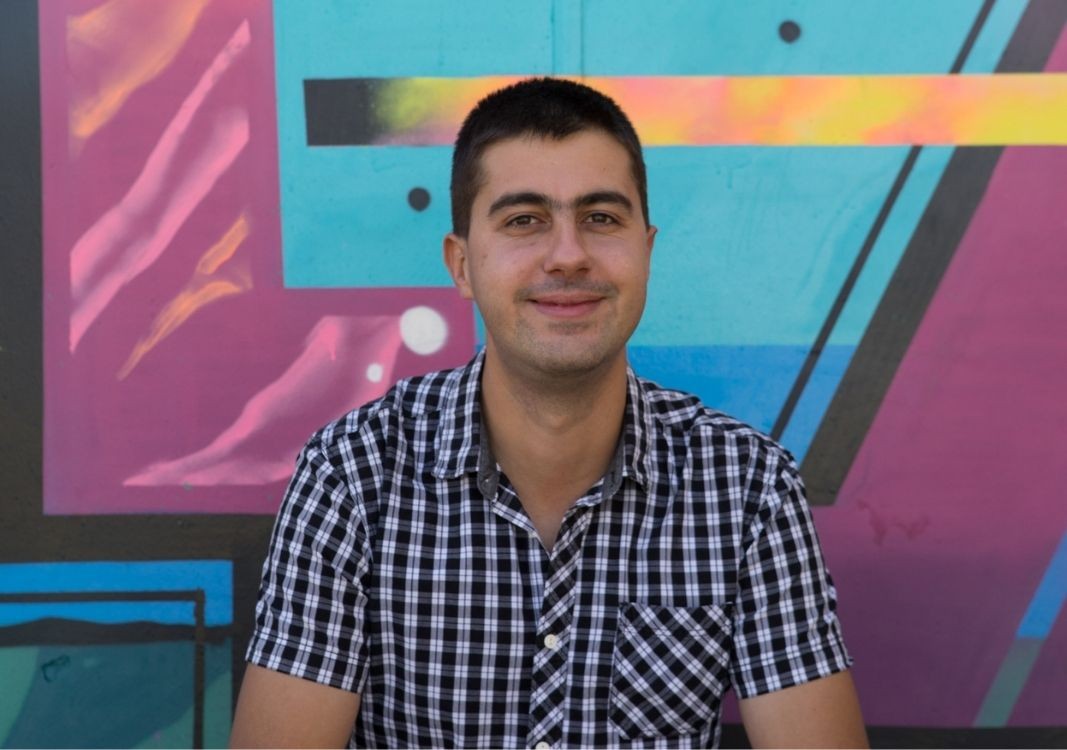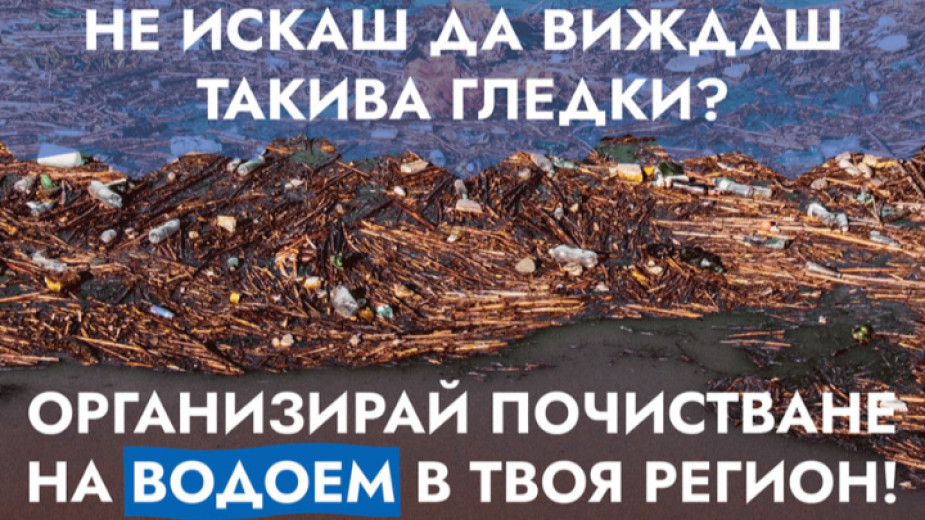Water is perhaps the most valuable exhaustible natural resource on Earth, and we all know that, yet we seem to disparage this fact until we come face to face with the lack of it, or see the catastrophic consequences of floods.
The environmentalists from Greenpeace-Bulgaria have once again chosen to focus public attention on the pollution of water reservoirs in the country. Their spring campaign #ChooseWater is a long-standing and effective way to show we care about nature – by organizing and supporting events for cleaning up reservoirs throughout the country. Because protecting water reservoirs is something that has to be done now, with the future in mind, and the environmentalists describe the campaign as “national mobilization for cleaning up Bulgaria’s reservoirs”. The initiative is open to all people who care whether Bulgaria’s rivers, lakes and dams will be filled with garbage or whole landfills, says Angel Bondov, Greenpeace-Bulgaria local communities coordinator.

“We all love water, we all love going to a dam, or a lake, or a river close to where we live. And we have all seen the garbage floating in reservoirs, so anyone wanting to join the campaign can do so by bringing together a group of people who care, find the right place and register on our website so that we can send the cleaning supplies they will need,” Angel Bondov says for Radio Sofia. I am hoping to see such events take place throughout the month of May, and that people will take the “garbage” into their own hands.”
The #ChooseWater campaign is organized on the occasion of the 10th anniversary of Greenpeace’s Bulgarian branch. However, the environmentalists started the discussion of protecting Bulgaria’s water reservoirs even before the parliamentary election on 4 April, when they asked politicians three questions connected with the preservation of water resources and their “human management.” They wanted to demonstrate their vision to the public – how the problem of water shortages can be solved in the long term, or the problem of water utilization in the energy system, how energy production should be transformed and which direction it should take.

And the people from Greenperace have a simple explanation for why they are doing this – “Democracy works for us when we work for democracy. We can preserve nature and society when we vote and when we demand that the candidates we have elected take responsibility to keep their promises and do their duty as political visionaries for nature protection.” What answers they were given is something we shall soon find out. Until that time let us never forget that our bond with nature goes both ways, that anything we do or fail to do has consequences.
Interview by Gergana Peykova, Radio Sofia, BNR
Editing by Vesela Krusteva
The village of Oryahovitsa, Stara Zagora region, today celebrates its symbol - the walnut tree. There will be a Festival of the Walnut with a varied programme featuring the Kazanlahsko Nastroenie (Kazanlak Cheer) Orchestra, the soloist of..
Disputes in Croatia over sending military personnel to NATO mission in support of Ukraine NATO Acting Deputy Secretary General Boris Ruge visited Croatia to explain to local MPs about the Alliance's mission in support..
Konyovets village near Shumen is marking 160 years since the oldest stud farm in Bulgaria was set up. Celebrations are being organized on the farm on 1 November when officials from the Ministry of Agriculture and Food and of the State Fund..
For the 30th consecutive year, the Bulgarian Posts organize a contest for the most beautiful letter to Santa Claus. Letters must be sent by 18..

+359 2 9336 661
